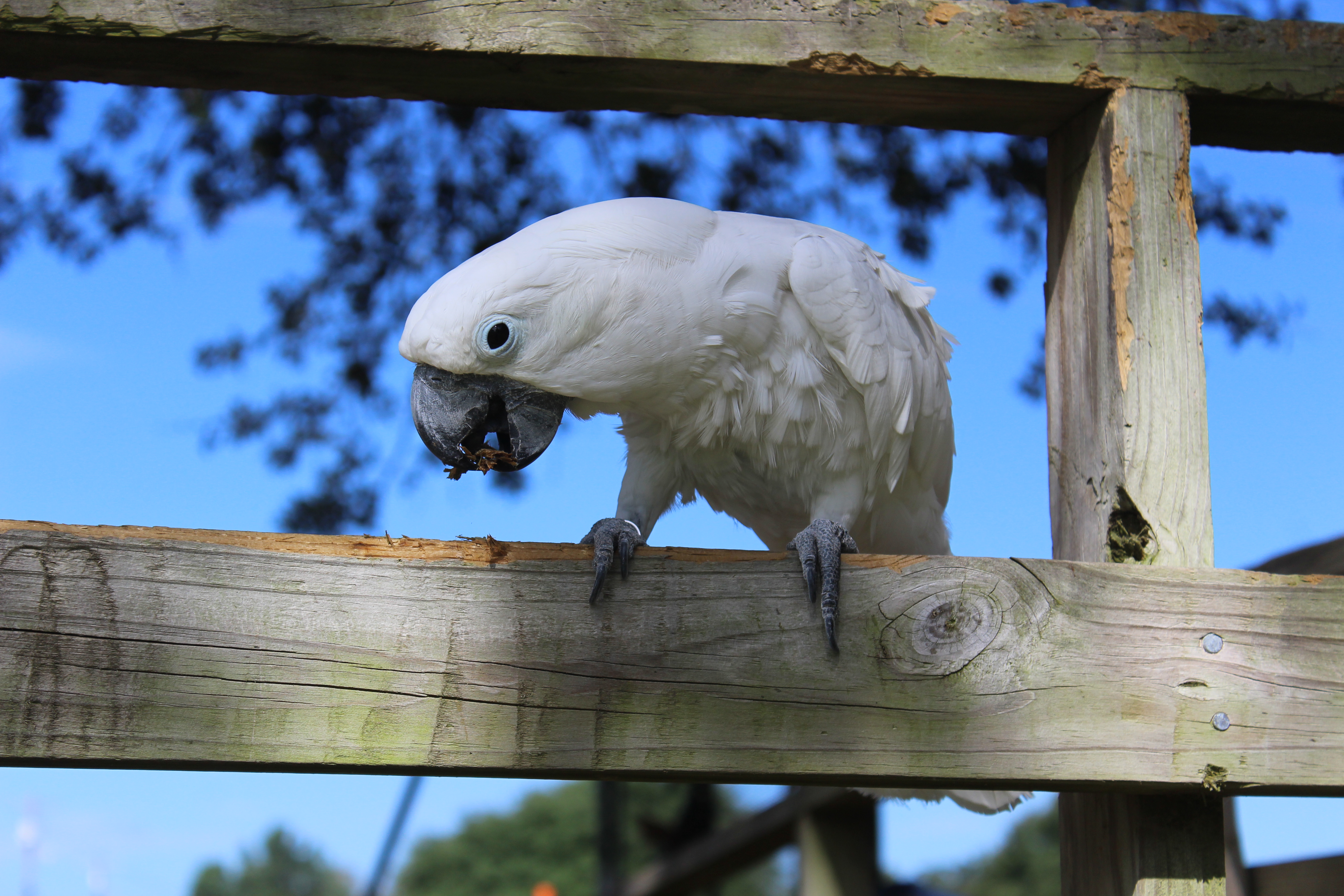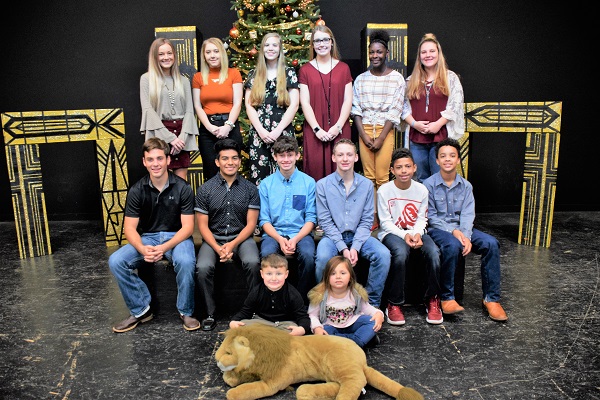Hey Kids, Did You Know …

The Pirate/Parrot Myth and Other Fun Facts
By Teresa Holloway
Messenger Reporter
TEXAS – There’s an old saying, “That goes together like parrots and pirates,” but did you know that’s a myth?
The real relationship between pirates and parrots if iffy, to say the least, and probably began with Robert Lewis Stevenson’s vivid and imaginative rendering of ‘Long John Silver’.
A valid case can be made for a pirate’s penchant to keep parrots on board his ship, however, as most pirates plundered and raided then sold their booty later. European royalty had a real love for all things exotic, so perhaps parrots were nabbed and sold to kings and queens.
Who’s to say the pirates didn’t simply like having the noisy birds around? After all, no one is going to sneak up on you with a squawky bird on your shoulder! That was pretty important back then. Pirates were really very mean and nasty folks with lots of enemies. Unlike portrayals on television and in the movies, real pirates were killers and thieves. Maybe they used a parrot as a warning system.
Parrots, maybe … of course, cats and dogs were common aboard seagoing vessels. The four legged pets controlled the rodent population.
Monkeys were also popular, though historical accounts of pirates showed most sailors hated the interference and destruction many monkeys caused on board – and they bite and even worse, they throw poop!
Parrots, on the other hand, seem to enjoy the company of people, so would have taken easily to onboard life.
They are tough birds, too. Notice that thick, hard, sharp beak? That beak can actually break a hole in a coconut! Or a brazil nut, or your finger if you aren’t careful!
Parrots love bitter food, not just crackers. Polly would really rather eat a dill pickle. The taste buds are located on the roof of their mouth, not their tongue, and they only have about 300 of them. Humans have 10,000 or more.
Even wierder, a parrot can’t taste the chemical that makes peppers hot!
Now you know why Polly doesn’t want your ice cream, right?
See that eye looking at you? That beautiful black eye can see far more than a pair of binoculars. The florescent light bulb in your classroom seems steady to you, but to a parrot it would be flickering like an old movie reel.
Ever notice how the parrot bobs his head all the time? That’s because he is taking an ‘eye picture’ of whatever he is looking at – almost like walking around with a video camera, the parrot can see many different angles of the same thing very quickly.
Parrots don’t need cool sunshades, either. There is a film of oil over their eye which filters out damaging rays from the sun and allows them to maintain clearer vision.
Not only that, but the parrot sees more colors more vividly than humans can. Even some ultraviolet invisible to the human eye!
If they can’t see it, they can smell it. Some birds can smell their roosting spot from very long distances and many birds, like the owl, can track prey with smell alone.
The parrot’s range of hearing is similar to ours, although it is more sensitive. They hear what we hear, but they perceive it differently.
Most birds hear absolute pitch, so if you try to teach a parrot to talk or sing, use the same tone of voice each time. If you change the tone too much, the bird may not recognize the sound. Did you know some birds even use echolocation? That means they send out noise, which makes sound waves, and they listen for differences when the sounds bounce back.
Parrots have developed so well because they have been around for a long, long time.
Thanks to history, we know parrots and humans first became friends long before humans could write.
African parrots were brought to Greece around 400 BC, (there was writing then, of course) and a Greek doctor wrote about a Plum-Headed Parakeet when he noticed it’s ability to speak.
Ancient Romans were well acquainted with parrots, too, history tells us.
So maybe pirates had parrots, and maybe they didn’t. But certainly they should have – it’s a crazy, smart, funny silly pet that really likes to be around people.
[email protected]




